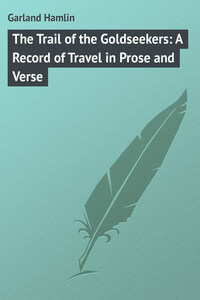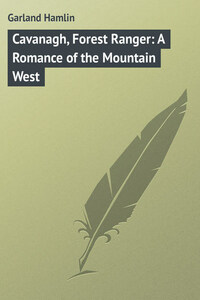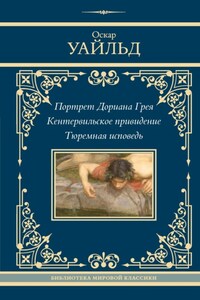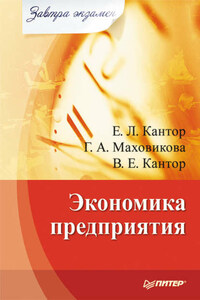A little over a year ago a small steamer swung to at a Seattle wharf, and emptied a flood of eager passengers upon the dock. It was an obscure craft, making infrequent trips round the Aleutian Islands (which form the farthest western point of the United States) to the mouth of a practically unknown river called the Yukon, which empties into the ocean near the post of St. Michaels, on the northwestern coast of Alaska.
The passengers on this boat were not distinguished citizens, nor fair to look upon. They were roughly dressed, and some of them were pale and worn as if with long sickness or exhausting toil. Yet this ship and these passengers startled the whole English-speaking world. Swift as electricity could fly, the magical word GOLD went forth like a brazen eagle across the continent to turn the faces of millions of earth's toilers toward a region which, up to that time, had been unknown or of ill report. For this ship contained a million dollars in gold: these seedy passengers carried great bags of nuggets and bottles of shining dust which they had burned, at risk of their lives, out of the perpetually frozen ground, so far in the north that the winter had no sun and the summer midnight had no dusk.
The world was instantly filled with the stories of these men and of their tons of bullion. There was a moment of arrested attention – then the listeners smiled and nodded knowingly to each other, and went about their daily affairs.
But other ships similarly laden crept laggardly through the gates of Puget Sound, bringing other miners with bags and bottles, and then the world believed. Thereafter the journals of all Christendom had to do with the "Klondike" and "The Golden River." Men could not hear enough or read enough of the mysterious Northwest.
In less than ten days after the landing of the second ship, all trains westward-bound across America were heavily laden with fiery-hearted adventurers, who set their faces to the new Eldorado with exultant confidence, resolute to do and dare.
Miners from Colorado and cow-boys from Montana met and mingled with civil engineers and tailors from New York City, and adventurous merchants from Chicago set shoulder to shoemakers from Lynn. All kinds and conditions of prospectors swarmed upon the boats at Seattle, Vancouver, and other coast cities. Some entered upon new routes to the gold fields, which were now known to be far in the Yukon Valley, while others took the already well-known route by way of St. Michaels, and thence up the sinuous and sinister stream whose waters began on the eastern slope of the glacial peaks just inland from Juneau, and swept to the north and west for more than two thousand miles. It was understood that this way was long and hard and cold, yet thousands eagerly embarked on keels of all designs and of all conditions of unseaworthiness. By far the greater number assaulted the mountain passes of Skagway.
As the autumn came on, the certainty of the gold deposits deepened; but the tales of savage cliffs, of snow-walled trails, of swift and icy rivers, grew more numerous, more definite, and more appalling. Weak-hearted Jasons dropped out and returned to warn their friends of the dread powers to be encountered in the northern mountains.
As the uncertainties of the river route and the sufferings and toils of the Chilcoot and the White Pass became known, the adventurers cast about to find other ways of reaching the gold fields, which had come now to be called "The Klondike," because of the extreme richness of a small river of that name which entered the Yukon, well on toward the Arctic Circle.
From this attempt to avoid the perils of other routes, much talk arose of the Dalton Trail, the Taku Trail, the Stikeen Route, the Telegraph Route, and the Edmonton Overland Trail. Every town within two thousand miles of the Klondike River advertised itself as "the point of departure for the gold fields," and set forth the special advantages of its entrance way, crying out meanwhile against the cruel mendacity of those who dared to suggest other and "more dangerous and costly" ways.









